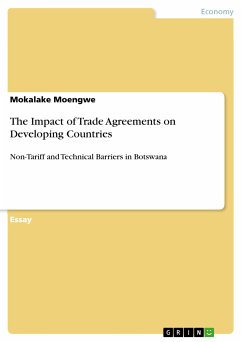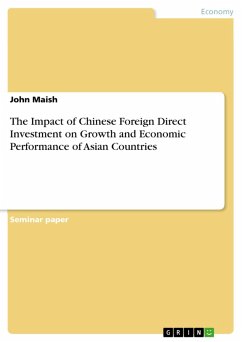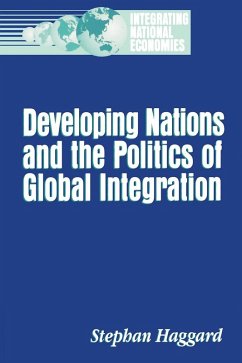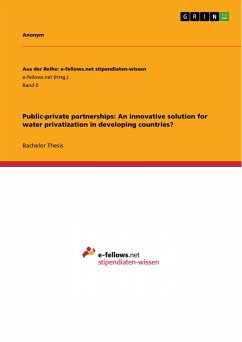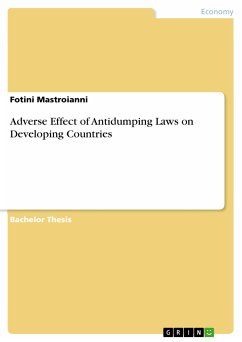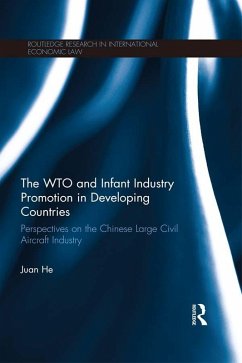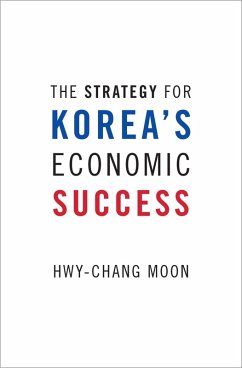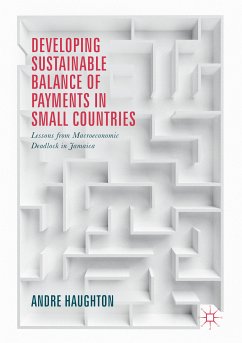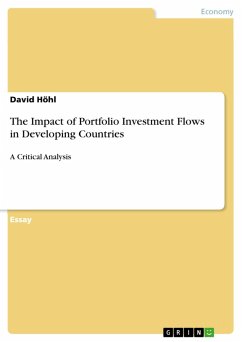
The Impact of Portfolio Investment Flows in Developing Countries (eBook, PDF)
A Critical Analysis

PAYBACK Punkte
0 °P sammeln!
Essay from the year 2018 in the subject Economics - International Economic Relations, grade: 1,4 / 69, School of Oriental and African Studies, University of London, language: English, abstract: This essay focuses on the impact of portfolio investment (PI)flows in developing countries (DC). My thesis statement is that PI have positive rather than negative effects on a DC's economy since they seem to reduce the cost of capital, increase investment, and accelerate growth. Thus, capital controls should not be enforced on PI. To address the problem of poverty in developing countries (DCs) economic ...
Essay from the year 2018 in the subject Economics - International Economic Relations, grade: 1,4 / 69, School of Oriental and African Studies, University of London, language: English, abstract: This essay focuses on the impact of portfolio investment (PI)flows in developing countries (DC). My thesis statement is that PI have positive rather than negative effects on a DC's economy since they seem to reduce the cost of capital, increase investment, and accelerate growth. Thus, capital controls should not be enforced on PI. To address the problem of poverty in developing countries (DCs) economic governance and capital flows play a key role. The policy advice of the IMF for DCs was to liberalise the capital account, especially in the 1990s. Economists like John Williamson criticised the capital account liberalisation clearly and held it accountable for the Asian crisis that overtook the so-called "tiger economies" in 1997. He favoured foreign direct investments (FDI) compared to PI since they are much more stable. But how volatile are PI and what are their effects on the economies of DCs? Which legal framework should politicians in DCs set to manage the effects of PI? This essay will face these questions. First of all, I will give an overview of portfolio investment flows in DCs. Afterwards, I will introduce the third-generation crisis models. Then, I will analyse the consequences of PI in DCs. Next, the consequences of PI will be evaluated, also with regard to third-generation crisis models. Given this evaluation, I will state my advice for policy makers.
Dieser Download kann aus rechtlichen Gründen nur mit Rechnungsadresse in A, B, BG, CY, CZ, D, DK, EW, E, FIN, F, GR, HR, H, IRL, I, LT, L, LR, M, NL, PL, P, R, S, SLO, SK ausgeliefert werden.




